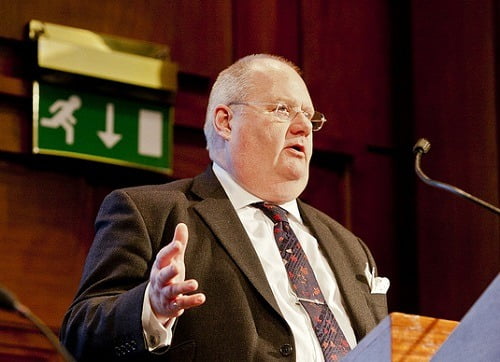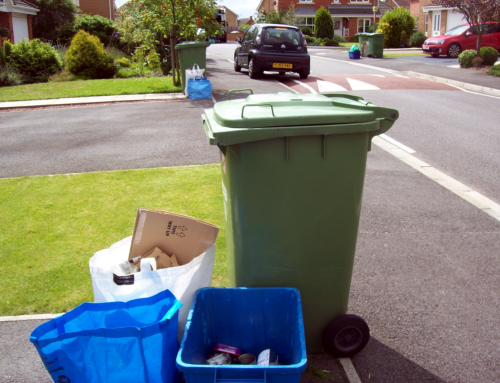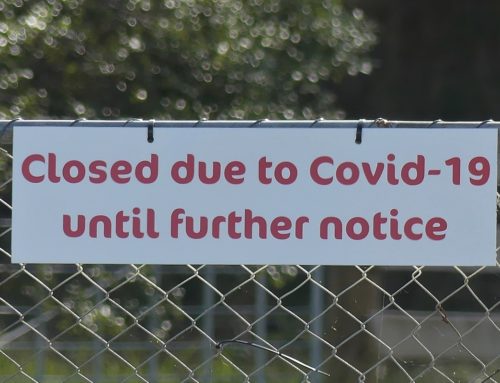by Peter Jones
7 minute read
“If you want to get anywhere in politics, you’ve got to be good at pushing on open doors. If you can’t resist pushing on closed ones, then you ought to have chosen another job.” That rather bleak assessment of the extent of ministerial power comes from C.P. Snow’s novel Corridors of Power, in which the lead characters try (and fail) to tip the balance against 1950s Britain seeking an independent nuclear deterrent.
A similar picture of ministerial impotence is painted on many other fictional canvases – they are outmanoeuvred by wily civil servants in ‘Yes Minister’ and browbeaten by spin doctors in ‘The Thick of it’. If diaries such as Chris Mullin’s A View from the Foothills are anything to go by, the reality is the same but more tedious: as a minister, one makes much the same decisions on much the same policies as would any other person with the same advice, and is lucky to leave “the occasional footprint in the sand”, as Mullin put it in his valedictory speech in the Commons.
Bigger and better
One member of the current Government who appears to have left more and deeper footprints than his colleagues is Eric Pickles. As Secretary of State for Communities and Local Government, he seems to have seized what power he has with both hands – even where it has involved treading on Defra’s waste policy toes – and imposed his personality on his department’s policies to an extent unrivalled by most of his colleagues and predecessors. Even the Department’s consultation papers and guidance documents now read like Pickles-penned press releases. So, is Pickles a genuine exception to Snow’s law of open doors?
By the best established measure of personal political mana, your department’s budget, things haven’t gone well for Eric. DCLG’s local government resource outturn fell by 43% in real terms between 2009/10 and 2013/14, while its communities spend has been cut by more than half. Grants to local authorities have been cut by more than 20%, and Council Tax rises have been kept in check through legislation and financial incentives. Total central Government resource spending is down by just 7.1% over the same period.
But this is no ordinary government and Pickles is no ordinary minister. Being ruthless in cutting your budget has been the best way to earn kudos in this cost-conscious Cabinet, and Pickles was already squeezing local government budgets when David Cameron was still completing his finals. Aged 19, he took up his first elected position, chairman of the Keighley Young Conservatives, in 1972. He became a Bradford City councillor in 1979, and rose via chairmanship of the social services (1982-84) and then education (1984-86) committees to become leader first of the Conservative group, and after a by-election in 1988, the Council.
Without a manifesto mandate and relying for his majority on the mayor’s casting vote – traditionally cast in favour of the status quo – Pickles embarked on a £50m cuts package that would have seen many services outsourced, assets sold off and widespread redundancies. However, before much of his vision could be realised, local elections in 1990 gave Labour a majority and Pickles quit local politics in search of a Westminster seat. Knowing this, it is hard to avoid seeing Pickles’ enthusiasm for austerity as a continuation of the Bradford experiment.
Weekly in favour
His vigorous cost-cutting has given him a level of political capital, which he has spent on championing what he sees as high quality local waste collections. He (along with one or two newspapers, but few waste professionals) understands this to mean weekly residual waste collections and restrictions on councils’ powers to enforce compliance with local recycling schemes.
It’s hard to see quite why the issue aerates Pickles so greatly – waste collection arrangements are a big deal in local politics, but they’re not the stuff on which general elections turn. There’s little evidence that fortnightly collections are actually unpopular, or that councils were abusing their powers to issue fines. Pickles’ determination to ‘keep it weekly’ flies in the face of Defra’s efforts to reach a 50% recycling rate by 2020. Pushing councils to deliver services in the way he prefers sits uneasily with the localism agenda that characterised his early period in office – and trying to deter reducing collection frequency as a way to save money seems at odds with austerity. Weekly collections, then, are far from an open door in political terms, but Pickles has given them a pretty strenuous shove. How much has this achieved?

If Eric exits, will his views on waste outlast him? Photo by m24instudio, CC BY-NC-ND 2.0, via Flickr.
Well, he persuaded George Osborne to let him hang on to £250m saved from DCLG’s admin budget and spend it on grants intended to help councils to stay or go weekly, and secured a further £5m to support recycling incentive schemes instead of fines – again, with little evidence to show they’re effective. But the money has not resulted in a single council actually switching from fortnightly to weekly collections, while several have spurned the Pickles pound and instead reduced collection frequency.
His erstwhile media supporters have castigated him for how little has really been achieved, prompting Pickles to threaten legislation on minimum waste collection standards if returned to office. At the same time, his popularity with the Tory rank and file has plummeted: thanks to his long-standing involvement in the Conservative national committee, he was the most popular figure in the shadow cabinet amongst party members in 2009, but has now sunk to mid-table mediocrity. Meanwhile, the NAO has raised concerns that local authorities are exhibiting persistent signs of financial stress and will struggle to deliver their medium term financial plans.
Thus far, all is in conformity with Snow’s law. However, Pickles’ pressure on waste policy has not been without impact. The Weekly Collection Support Scheme money may not have lured any council to switch back to weekly collections, but it certainly persuaded some to stick with them for the five years to which they committed under its terms. His focus on the issue of collection frequency may also have delayed the growing acceptance of the idea of fortnightly collections, by feeding a perception, true or otherwise, that voters care about weekly residual waste collection, and that the price of reducing frequency will be paid at the ballot box.
Bradford bull
This is in itself quite an achievement, much of which can be attributed to Pickles. But is it a repeat of Bradford – a change more apparent than real, that will fade away as soon as he leaves office?
I suspect it will prove to be, for the very reasons that make Pickles’ engagement with this issue so exceptional. Typically, the reason why politicians feel so little personal potency is that they are susceptible to rational arguments. Faced with the same arguments, most people will make the same decision – so only when a case is finely balanced is there a real ‘choice’ to be made. By contrast, whether its weekly waste collections or planning inspectors’ reports on wind farms, Pickles seems to feel few qualms about setting aside reasons that many others would find persuasive. Perhaps his imperviousness to persuasion is one of the reasons why his civil servants’ engagement index score (summarising questionnaire responses concerning pride, inspiration and motivation to do a good job) have been below 50% since 2010.
However, if Pickles isn’t in charge of local government after the election, the arguments that he is happy to ignore will still be there to influence his successor. The 50% recycling target remains in place, as do the economic and environmental rationales for reduced collection frequency. The very thing that enables Eric’s ideas on waste to buck Snow’s law almost guarantees that they won’t take root – they aren’t supported by the evidence.
Towards the end of Corridors of Power its central character, Lewis Eliot, reflects on why he and the minister Roger Quaife had failed to carry the day:
“Could anyone else have done better than he had done? Could he have avoided the mistakes that he had made?… How far did personalities count? Nothing like as much as one liked to think. Only in these circumstances when the hinge is oiled, but the door may swing or not. If that isn’t the situation, then no personality is going to make more than an ineffectual noise.”
For all the noise that Pickles has made on waste policy in the last five years, the door really leads only one way, and that’s towards less frequent residual waste collections.






Leave A Comment